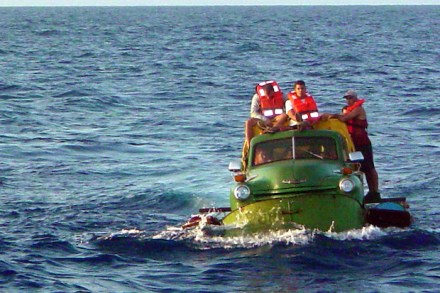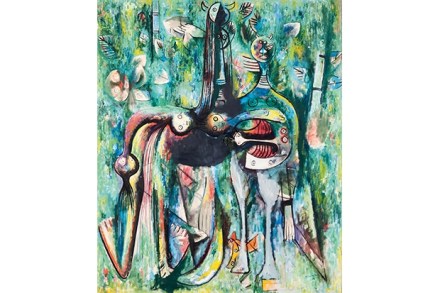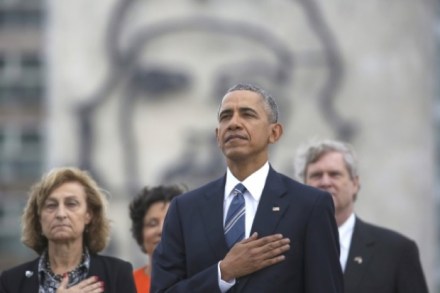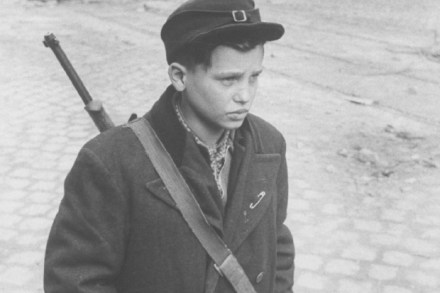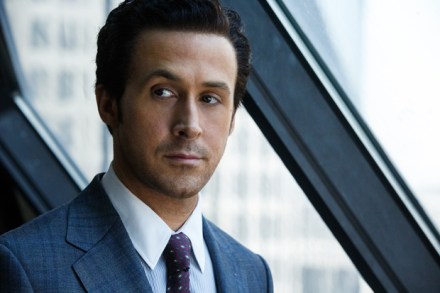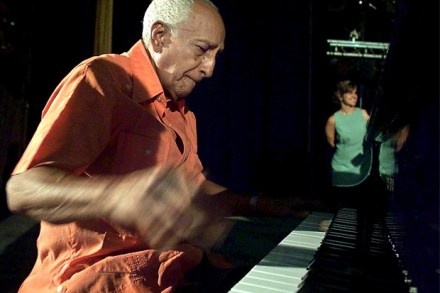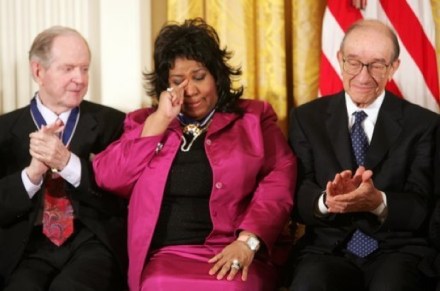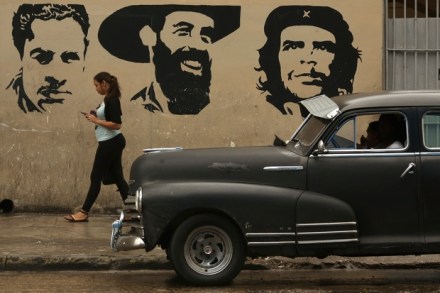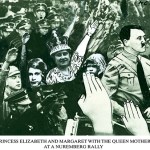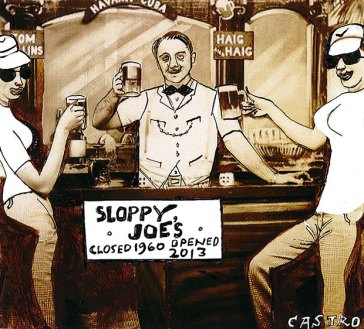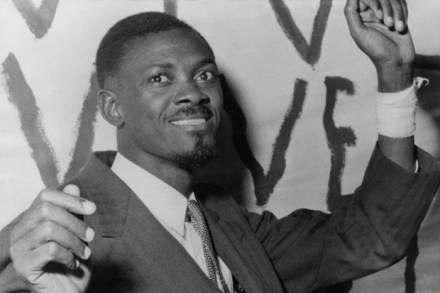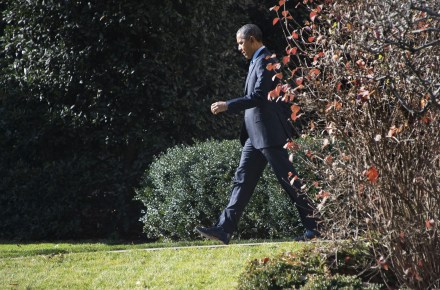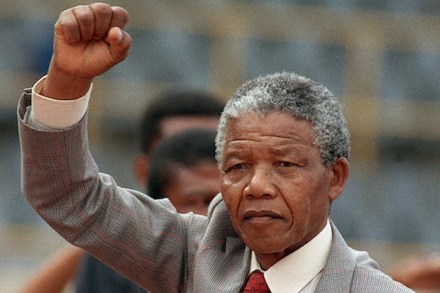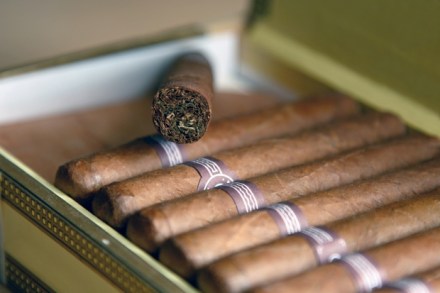Castro created a façade for tourists – and misery for Cubans. Why can’t Corbyn see that?
To hear Jeremy Corbyn hail Fidel Castro as a great hero of social justice is to be reminded that those who toast communists are never those who have actually lived under communism. Corbyn has visited Cuba: He might have been taken on a day tour of Havana, where tourists are ushered to buy famous Cuban cigars, replicas of Che Guevara’s hat and postcards with historic revolutionary slogans such as ‘¡Hasta la Victoria Siempre!’ On his bicycling tour Corbyn will have doubtless visited the charming colonial towns of Trinidad, Santiago de Cuba and Cienfuegos, perhaps swam in the Bay of Pigs or conducted a pilgrimage to Castro’s 1950s rebel headquarters in Comandancia
